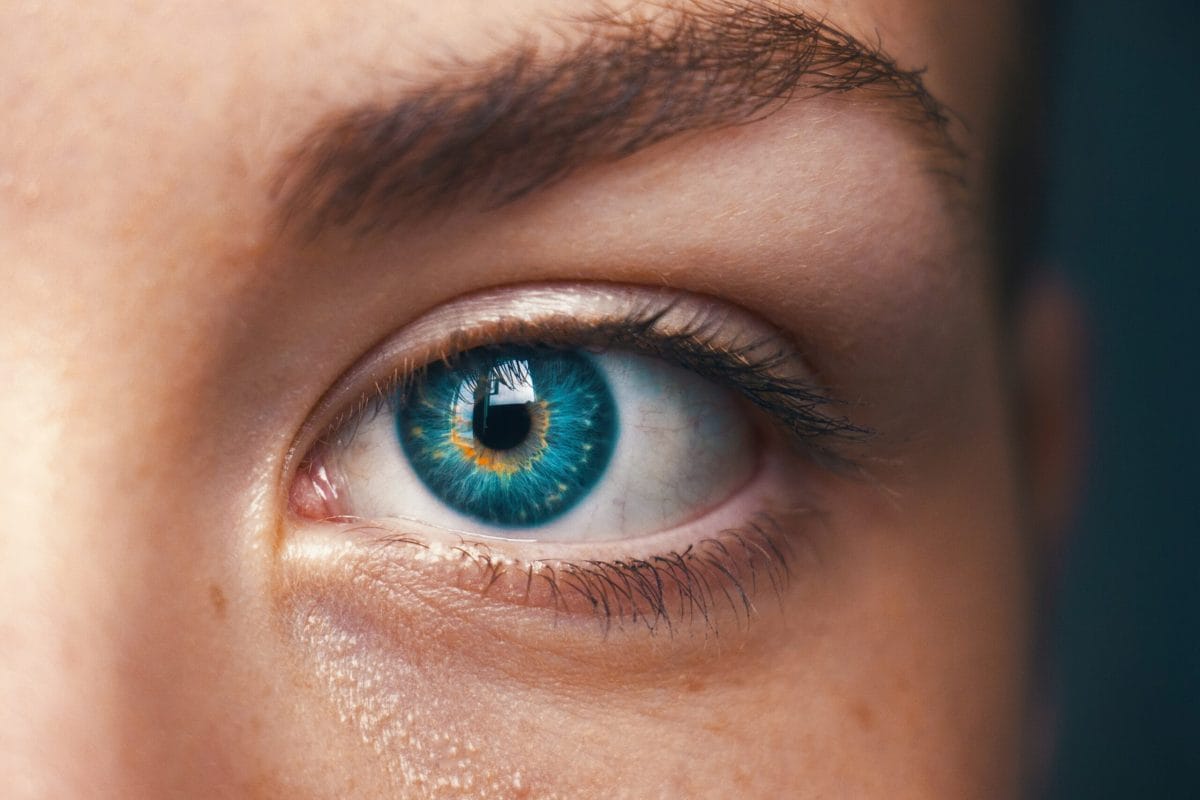A New Study has found a Strong link between Diet, Eye health and Life Expectancy

Experts from buck institute reveal a connection between diet, eye health and life expectancy in Drosophila. They find that the processes in the fly’s eye drive the ageing process. Previous studies have shown an association between eye disorders and poor health in humans.
According to the study’s senior author Dr Pankaj Kapahi, “Our study argues that it is more than correlation: dysfunction of the eye can actually drive problems in other tissues”.
The finding that the eye itself, at least in the fruit fly, can directly regulate lifespan was a surprise to us,” said study lead author Dr Brian Hodge.
The link between them is the circadian “clock,” the molecular machinery found in every cell of every organism. These cells adapt to light and temperature that changes with sunrise and sunset. Complex animal behaviours such as predator-prey interactions and wake/sleep cycles are influenced by circadian rhythms.
A study published by Dr Kapahi Lab in 2016 demonstrates significant changes in the fruit flies circadian rhythms and longer lifespan under a restricted diet. In the current study, researchers examined how dietary change altered circadian functions and whether circadian processing is necessary for a longer lifespan which is related to dietary restriction.
The fruit fly has such a short lifespan, making it a really beautiful model that allows us to screen a lot of things at once,” said Hodge.
The study starts by examining genes that oscillate in a circadian fashion when files given only 10 per cent of the protein of the unrestricted diet are compared with files on an unrestricted diet.
In the research, experts found that many genes were responsive to diet and showed up and down at different times or “rhythmic”. They then discovered that the photoreceptor in the eye was activating most of the rhythmic. This prompted a series of experiments to understand how eye function fits into the relationship between dietary restriction and extended lifespan. For example, they conducted experiments where they showed that flies life extended when they kept them in constant darkness. The researcher used bioinformatics to ask: Do the genes in the eyes that are responsive and rhythmic to dietary restriction affect the lifespan. And the answer they found was yes.
When the eyes are exposed to the outside, the immune system activates, which can cause inflammation. Inflammation can worsen chronic diseases when remain present for a long time. Moreover, light in itself, causes degeneration of photoreceptors which can lead to inflammation.
Staring at computer and phone screens, and being exposed to light pollution well into the night are conditions very disturbing for circadian clocks,” said Dr Pankaj Kapahi.
There is much to understand about how the eye regulates lifespan and whether the same effects apply to other organisms. The biggest question that emerges in the study is whether it can apply to humans. Probably, not as much as in fruit flies said Hodge, noting that fruit fly devote most of its energy to its eye.
Since photoreceptors are just specialised neurons, Hodge said that “ the stronger link is most probably the role that circadian function plays in neurons and how this can be used to regulate neuronal function throughout ageing”.
He said that once these processes are understood, they can start to target the molecular clock to slow ageing. And this could help human maintains their vision by activating the clocks in our eyes. It could be through diet, medication, or lifestyle changes. There is a lot of interesting research lies ahead”, he said.
This study is published in Nature Communications.

